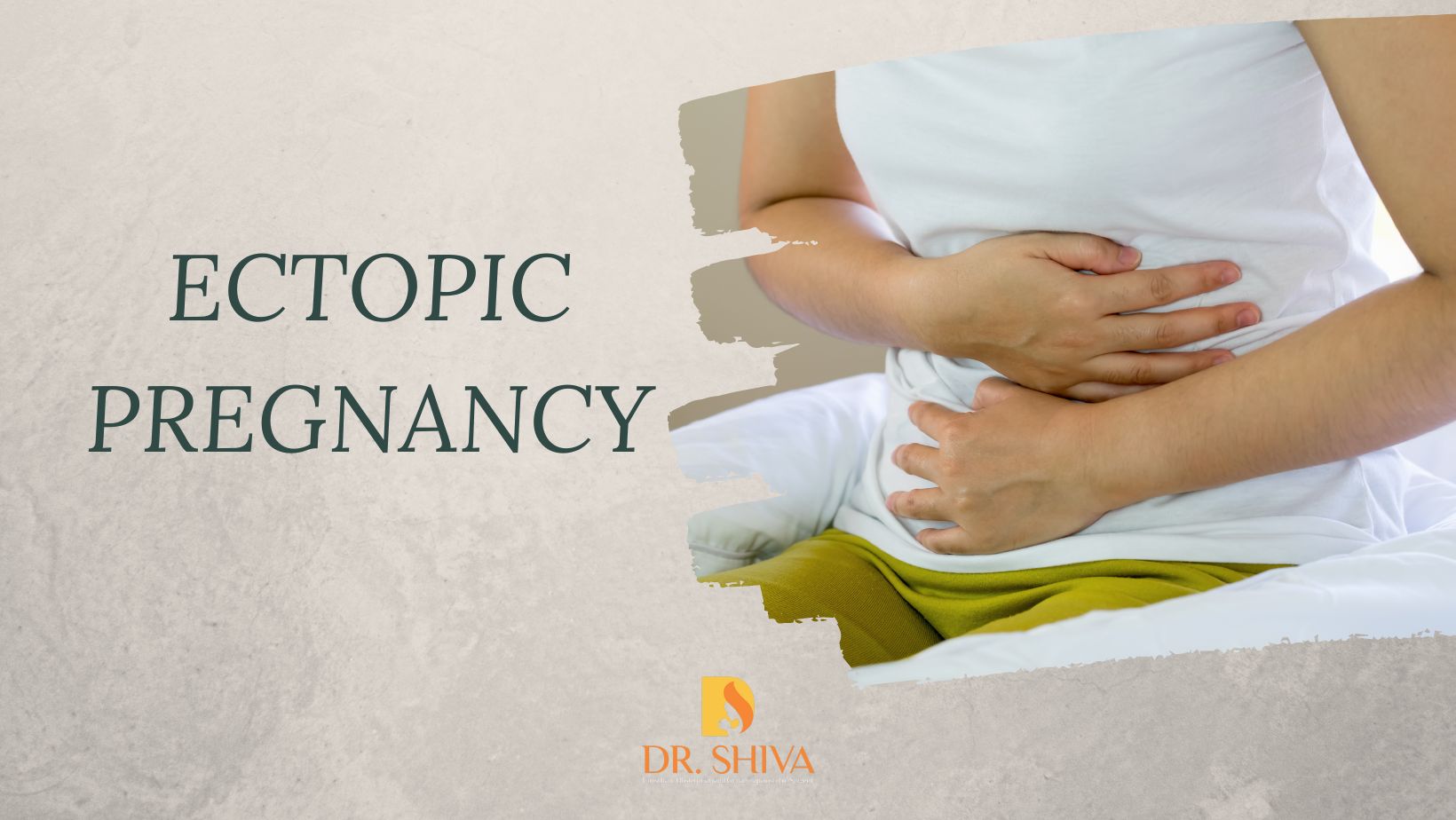
A fertilized egg normally attaches itself to the womb’s inner lining. Ectopic pregnancy is when a fertilized egg implants itself outside the main cavity of the uterus. It usually affects one out of every 100 pregnancies.
The eggs are carried from the ovaries to the uterus through the fallopian tubes during ovulation. But if the fertilized egg gets implanted in the tube instead of being inside the uterus it is known as tubal pregnancy (or fallopian tube pregnancy), the most common type of ectopic pregnancy. Other areas where ectopic pregnancy can occur include the interstitial (cornual pregnancy), ovary, or cervix which is the lower part of the uterus. Heterotopic pregnancy refers to multiple pregnancies in which one fertilized egg is found implanted inside the uterus and the other outside. This is a rare type of ectopic pregnancy.
A fertilized egg will not be able to survive in such a type of pregnancies and must be treated as soon as possible as it can be life-threatening.
Causes for ectopic pregnancy
The most common type, that is tubal pregnancy occurs when the egg gets stuck in the fallopian tube instead of moving to the uterus due to inflammation or an issue with the tube such as a scar. Hormonal imbalance is another cause.
Symptoms
Symptoms can start as early as the start of the second month to the end of the third month (between the 4th to 12th week) of pregnancy but most of the early symptoms are like that of normal pregnancy such as missing your period, nausea, and breast tenderness.
Early warning symptoms include –
- Vaginal bleeding
- Pain in the shoulder tip – the pain starts where the shoulder ends and the arm begins.
- Lower abdomen pain
- Frequent urge to poop.
As the fertilized egg starts to grow, the symptoms become more prominent. However, if you experience any of the below listed symptoms, you should take them seriously and seek medical attention as soon as possible-
- Severe pain in the abdominal or pelvic area
- Feeling dizzy
- Pale look
- Feeling sick
These symptoms indicate that the fallopian tubes may have ruptured. Immediate surgery will be necessary to repair the tube.
Diagnosis for ectopic pregnancy
An ectopic pregnancy can be detected only during a scan. A combination of ultrasound and blood tests will be done to diagnose ectopic pregnancy. A transvaginal ultrasound will help to correctly identify the location of the pregnancy.
Risk factors
Some factors can increase the chances of having an ectopic pregnancy
- Previous history
- Infections such as gonorrhea that can cause inflammation in the tube
- Smoking
- Previous surgery on the fallopian tube
- Fertility treatment
Treatment
An ectopic pregnancy cannot survive and has to be removed as soon as possible because if it grows and ruptures it can cause life threatening bleeding. Treatment methods include –
- Providing medicine that will stop the pregnancy from growing and dissolves the cell already present.
- Surgery – a keyhole(laparoscopic) surgery will be performed to remove the fertilized egg.
Prevention
Ectopic pregnancy cannot be prevented but surely one can try to decrease the risk by:
- Not smoking
- Using a condom when not trying to get pregnant, to prevent transmission of sexually transmitted infections
For more details kindly contact us.

